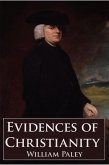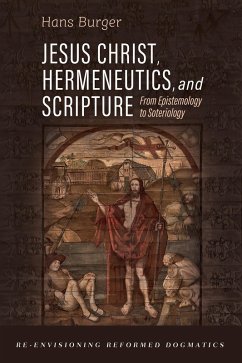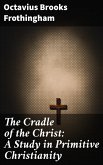In "Evidences of Christianity," William Paley masterfully constructs a compelling argument for the truth of Christianity through a careful examination of historical and philosophical evidence. Written in the early 19th century, this work reflects the Enlightenment's emphasis on reason and evidence, intertwining logical reasoning with theological inquiry. Paley employs a systematic approach, addressing miraculous events and the moral teachings of Christ while engaging in dialogues about the nature of truth and faith, thus placing the text within the context of a rational discourse surrounding religion during his era. William Paley (1743-1805) was an English theologian and philosopher whose intellectual roots were deeply interwoven with the natural theology movement. His background in classical education and clerical life led him to explore the intersections between faith and reason. Paley's previous work, "Natural Theology," established his reputation for intelligent analysis of divine creation, which informed his approach to evidencing the Christian faith, revealing a fervent desire to make a reasoned case for belief in an increasingly skeptical world. "Evidences of Christianity" is not only a seminal text for those studying theology but is also an essential read for anyone grappling with questions of faith and reason. Paley's eloquence and clarity offer profound insights into the foundations of Christian belief, making it a vital addition to the library of scholars, believers, and inquisitive minds alike.
Dieser Download kann aus rechtlichen Gründen nur mit Rechnungsadresse in A, B, BG, CY, CZ, D, DK, EW, E, FIN, F, GR, H, IRL, I, LT, L, LR, M, NL, PL, P, R, S, SLO, SK ausgeliefert werden.









